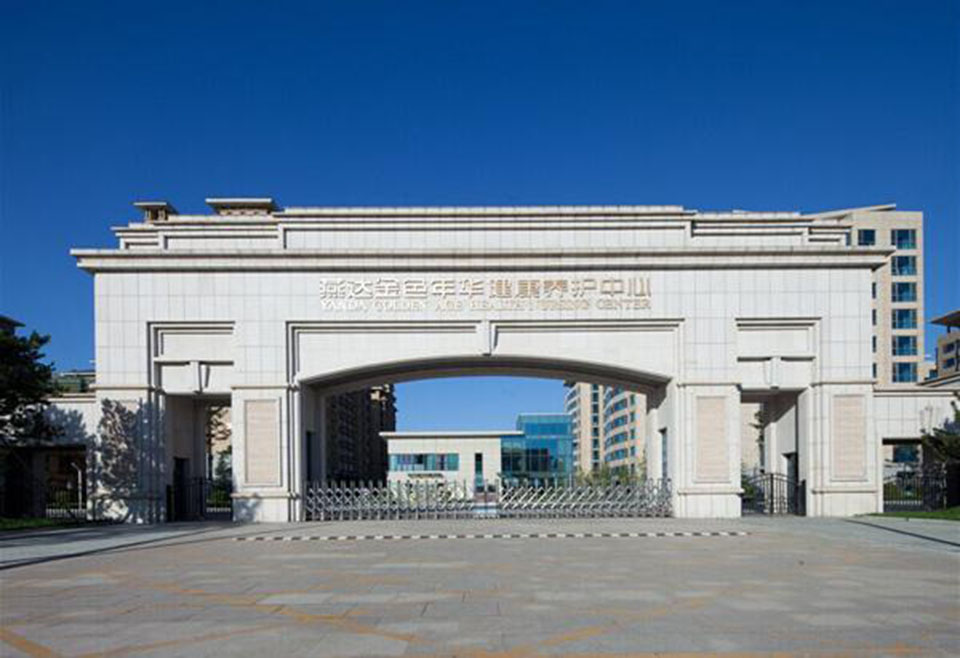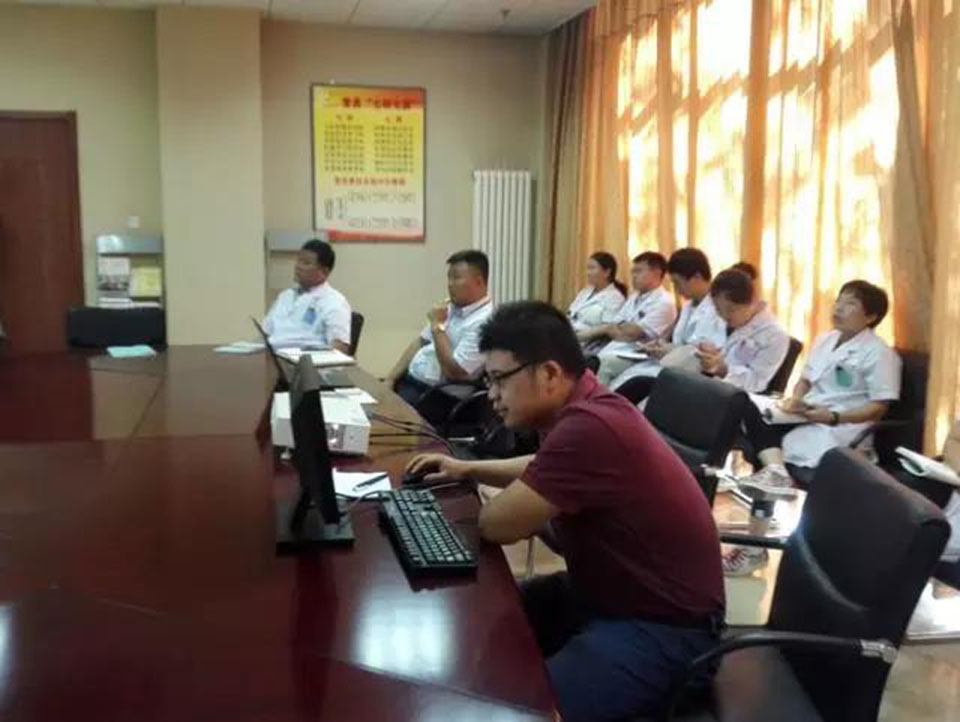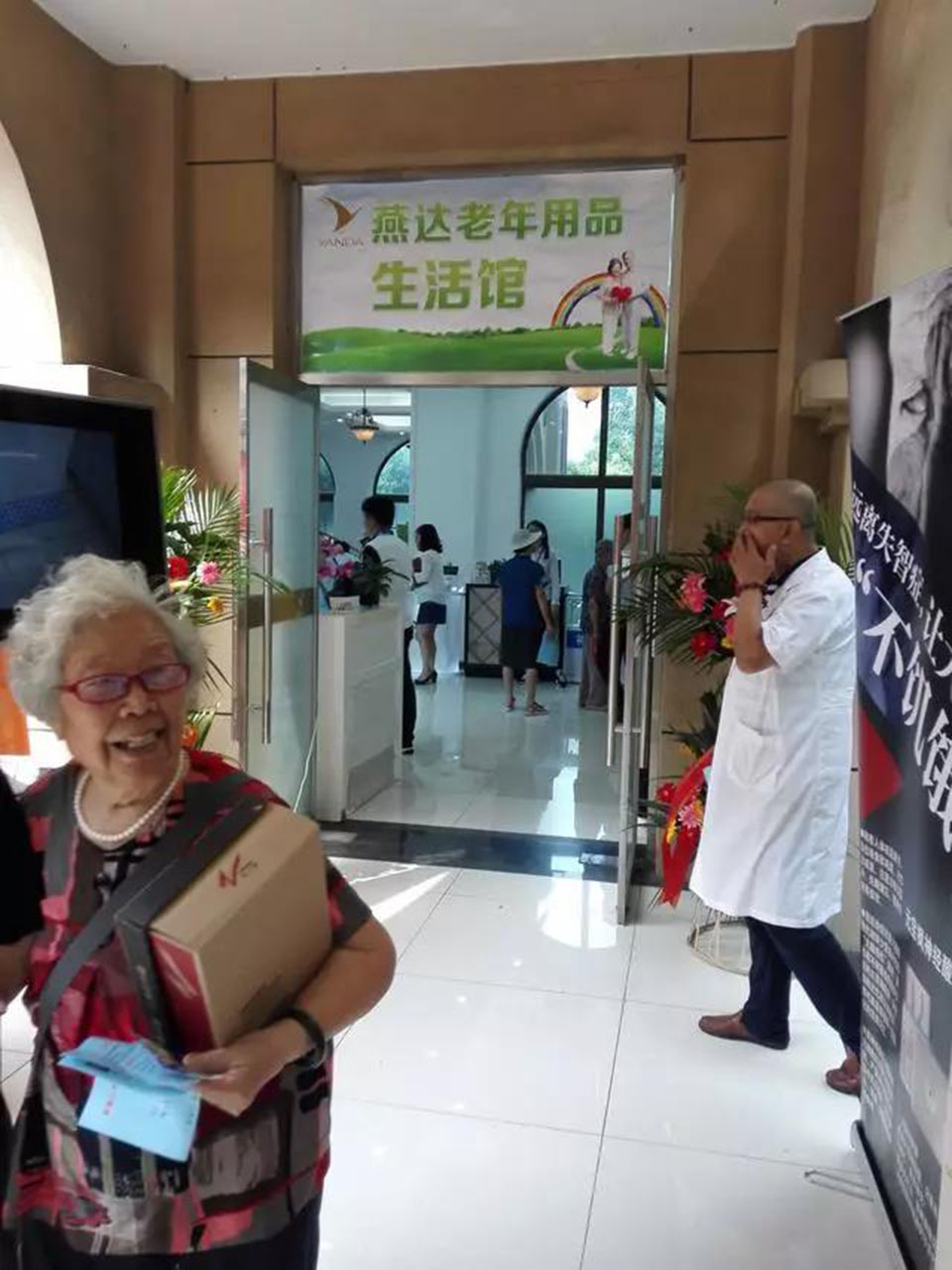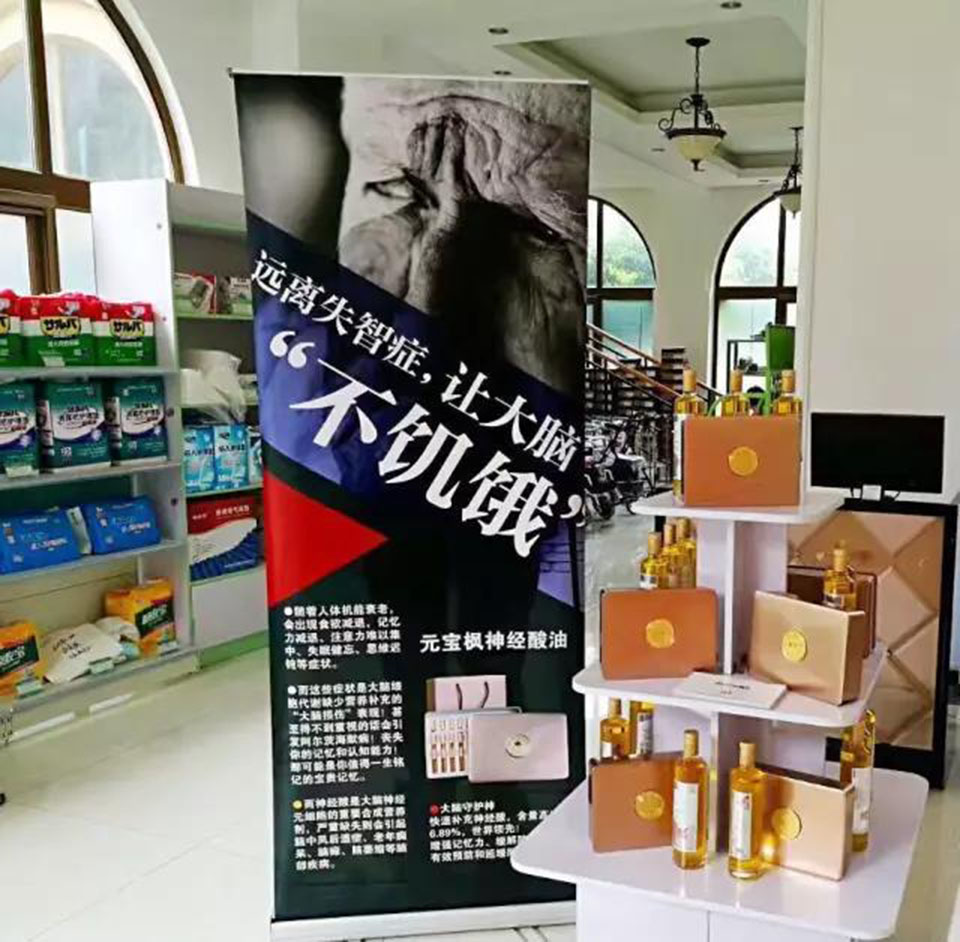In September, China brain Health month, Dr. Chen Xianyang, co-founder of Baofeng Biology, and all health doctors in the medical department of Yanda Pension Center held an academic exchange meeting on nervonic acid and brain health of Acer truncatum. The core goal of the exchange is the prevention and adjuvant treatment of Alzheimer's disease (commonly known as Alzheimer's disease) and Parkinson's disease in the elderly. Can let the general public have a deep understanding of Parkinson's disease, perhaps from the famous boxing champion Ali. At the 1996 Atlanta Olympic Games, the world witnessed the boxing champion Ali, who was in the early stage of Parkinson's disease, holding the Olympic torch to the main torch platform with a straight face and stiff action. The hands that lit the torch trembled, and its trembling was not caused by excitement, but by Parkinson's disease. Parkinson's disease-one of the degenerative diseases of the brain. The cause of Parkinson's disease has long been thought to be caused by a nucleus less than half a centimeter wide in the brain, which we call the substantia nigra (Substantia Nigra), Latin for "black substance" (this is the most common description of this strange region of pigment cells in the 19th century). Substantia nigra is a very important part of the brain, like a transportation hub, where many nerve conduction occurs, especially the way to release dopamine signals. Dopamine is a trigger that activates neurons, and as a result of its operation, it eventually forms a coherent action performed by the body's muscles.

Another disease is also common, regardless of poverty and inferiority, has been plaguing human beings. Former US President Ronald Reagan was diagnosed with Alzheimer's disease in 1994. as his condition worsened, the heavyweight who had been re-elected for two terms as US president not only could not speak, walk, or eat by himself, but could not even recognize his wife. In September 2008, Thatcher's daughter Carol Thatcher published swimming in a goldfish bowl, detailing how the 83-year-old Thatcher suffered from severe Alzheimer's disease eight years ago. Carroll told the reader that Mrs. Thatcher could hardly piece together a complete sentence.
Maybe these celebrities are too far away from us, but if we pay a little attention to the neighborhood where we live, we can see people with Alzheimer's disease more or less. Similar to Parkinson's disease, one of the main causes of Alzheimer's disease in humans is the loss (or degeneration) of nerve cells.
So, is there any way to prevent the occurrence of these two brain diseases? This is exactly the problem that Dr. Chen Xianyang of Baofeng creature and Yanda Pension Center want to explore.

In the process of communication, Dr. Chen explained in detail to the medical experts of Yanda pension institution on the mechanism of prevention and adjuvant treatment of Alzheimer's disease and Parkinson's disease by Acer truncatum nervonic acid in the elderly.What is nervonic acid? What effect does it have on Alzheimer's disease and Parkinson's disease? If every brain cell is an egg, then when its shell is broken, the egg will quickly deteriorate. For brain cells, it loses its original function. Nervonic acid mainly improves the composition, structure and function of biofilm by synthesizing glycosphingolipid and sphingomyelin in human body; nervonic acid can provide adequate nutrition to damaged nerve fibers (white matter) and promote the regeneration of myelin sheath that falls off outside. Repairing damaged nerve fibers is equivalent to repairing eggshells. While repairing the peripheral protective layer, nervonic acid can also act on the cell itself, achieving two unexpected effects: one is to enhance the energy and information transmission between brain cells, promote the smooth flow of nerve conduction pathways, and make the smooth transmission of information; second, it can nourish and activate pathological and dormant nerve cells and improve the operation function of damaged nerve cells. To put it simply, nervonic acid can repair damaged brain cells and normalize nerve conduction function. On the one hand, it can enhance the energy of brain cells and the transmission of information between cells, on the other hand, it can repair the damaged central nerve fibers, promote the smooth flow of nerve conduction pathways, make the smooth transmission of information, activate pathological changes and dormant nerve cells, and prevent memory loss. Greatly reduce the incidence of Alzheimer's disease.

Dr. Chen said: " Nervonic acid can prevent and assist the treatment of brain diseases, but it is difficult to synthesize in the human body. In the past, it was mainly extracted from sharks. With the protection of sharks by humans, extraction of plant nervonic acid from plants has become the only choice." Baofeng Bio has 270000 mu of original Acer truncatum maple bases in Inner Mongolia, Tianjin, Liaoning and other places, as well as artificial cultivation bases with an annual output of 200 million plants, with an adequate supply of raw materials. After 30 years of research on Acer truncatum Maple, Professor Wang Xingyan, the chief biological technical expert of Baofeng, released " Acer truncatum Maple Oil, a New Resource of nervonic Acid" in 2005, which attracted the attention of the American scientific community. In terms of nervonic acid extraction technology, Baofeng biological technology is in a leading position in the world. "
After frank exchanges between the two sides, Acer truncatum nervonic acid products have been Yanda pension institutions medical experts unanimously recognized. In order to enable Acer truncatum nervonic acid to serve patients as soon as possible, the two sides confirmed the deep cooperation of the nervonic acid project to study and explore the unique role of Acer truncatum nervonic acid in brain health care, adjuvant treatment and rehabilitation adjuvant treatment. The two sides further had in-depth communication on how to use neuroacid, formulated a scientific and reasonable test plan, and planned to enter the practical stage in mid-September.
Since 2000, September is China's brain Health month, September 16 is China's brain Health Day, and September 21 is the annual World Alzheimer's Day. The establishment of the two "days" highlights the importance of "brain health" and its degree of concern.

The 21 century is known as the "brain century". Enabling everyone to have a healthy brain is the biggest topic of Baofeng Biology. it makes such cooperation and exploration with the Medical Department of Yanda Pension Center on the 17th China brain Health Day. it's more like a solemn oath to this most valuable cause.



 Author:bfuers
Author:bfuers Time:2020-7-31 9:42:09
Time:2020-7-31 9:42:09 人已看
人已看